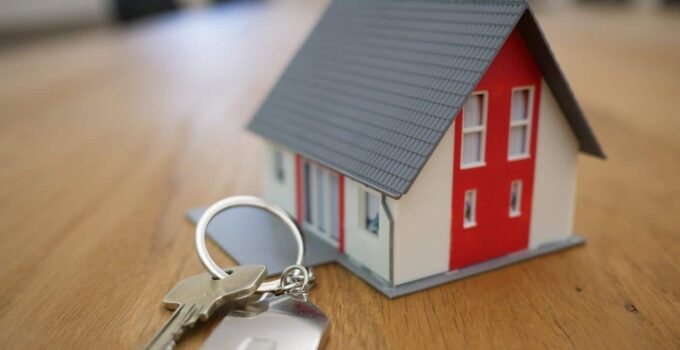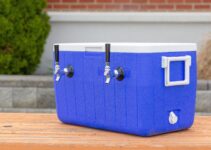Understanding the true cost of buying property in Singapore means more than just looking at the price tag. One major component that trips up many buyers—especially those making their second or third property purchase—is the Additional Buyer’s Stamp Duty (ABSD). Whether you’re a Singapore citizen, permanent resident, or foreigner, ABSD can significantly affect your buying strategy and budget.
This guide breaks down everything you need to know about ABSD—from how it works and who it affects, to legal ways to reduce or plan around it.
Key Highlights
- ABSD is a tiered tax imposed on top of Buyer’s Stamp Duty based on residency and the number of properties owned.
- Rates were significantly raised in April 2023, especially for foreigners and entities.
- Singapore citizens are not exempt if they own more than one property.
- Legal methods to reduce ABSD include decoupling, trust structures, and buying under certain exemptions.
- Some projects may offer strategic value for first-time buyers seeking to avoid ABSD.
- Misunderstanding ABSD rules can lead to poor planning and unexpected costs.
What Is ABSD and Why Does It Exist?
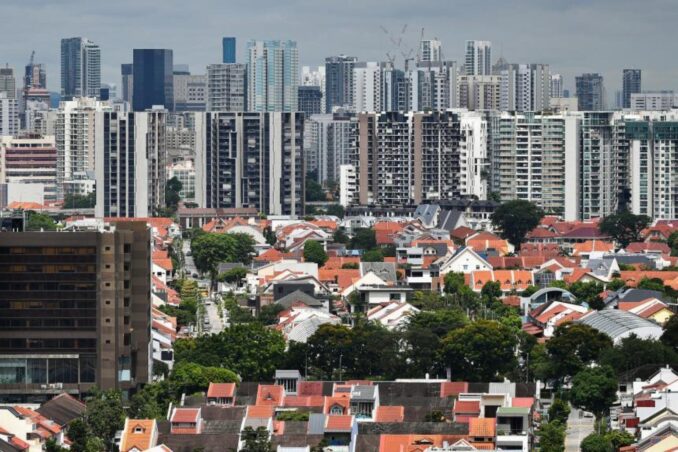
Source: newlaunches.sg
Additional Buyer’s Stamp Duty (ABSD) is a tax introduced by the Singapore government in 2011 as part of a broader set of cooling measures. The goal? To manage demand in the residential property market and ensure housing remains affordable for Singaporeans.
Unlike the standard Buyer’s Stamp Duty (BSD), which applies to all residential transactions, ABSD is selectively applied. It’s triggered based on two things:
- The buyer’s residency status, and
- The number of residential properties already owned.
For example, a Singaporean buying a second home pays a lower ABSD than a foreigner buying their first. This progressive system reflects the government’s intent to discourage speculative and investment-heavy buying behavior, especially from non-residents.
Current ABSD Rates After 2023 Revisions
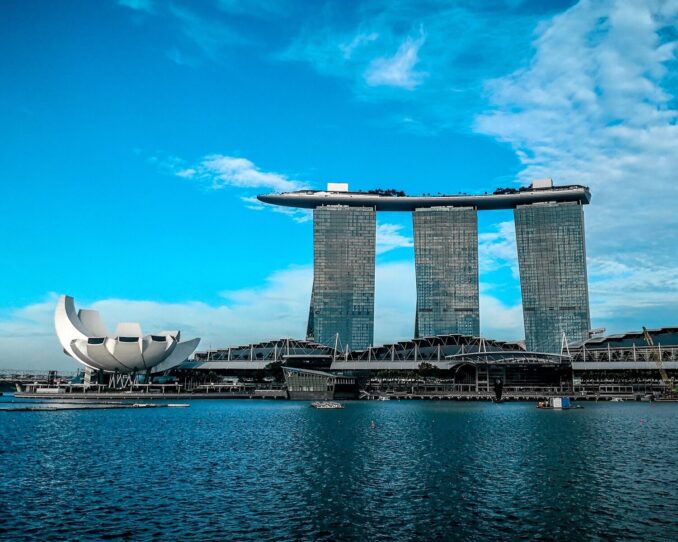
Source: altarealestate.sg
Following the latest adjustment in April 2023, ABSD rates saw one of the most significant hikes in years. This affects both locals and foreigners. Here’s a quick breakdown:
| Buyer Profile | 1st Property | 2nd Property | 3rd Property |
| Singapore Citizens | 0% | 20% | 30% |
| Permanent Residents | 5% | 30% | 35% |
| Foreigners | 60% | 60% | 60% |
| Entities (e.g., companies, trusts) | 65% | 65% | 65% |
Note: These rates apply to the purchase price or market value of the property, whichever is higher.
This means that a foreign investor buying a $2 million condo now pays $1.2 million in ABSD alone. It’s no surprise that many foreign buyers are shifting strategies—or reconsidering Singapore entirely.
How ABSD Affects Different Buyer Types
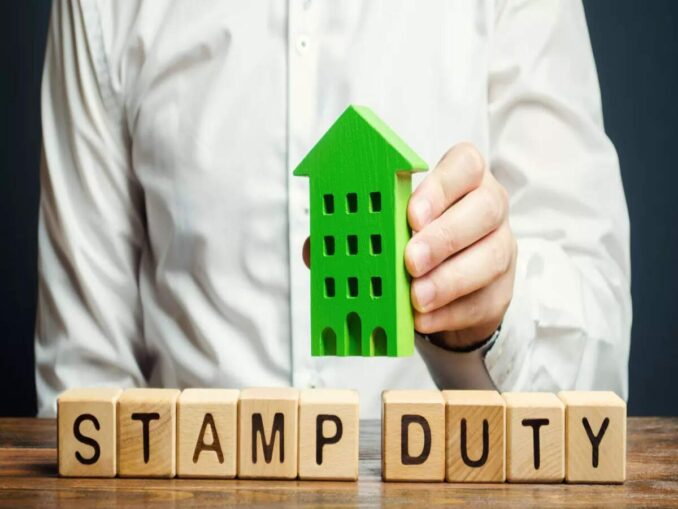
Source: realty.economictimes.indiatimes.com
Let’s put this into perspective:
For Singapore Citizens
- Buying your first home? No ABSD at all. That’s a huge advantage.
- Planning to upgrade or invest? Your second home attracts 20%, and your third 30%.
- That means a $1.5M second property now costs an additional $300,000 in tax.
For Permanent Residents
- There’s a 5% ABSD even on your first property.
- The second property jumps to 30%, making it less appealing for PRs to buy multiple homes.
For Foreign Buyers
- The 60% ABSD is prohibitive. For many, Singapore is now a premium investment market.
- This spike in ABSD has created more selective demand for high-end, freehold projects like River Green, which still attract those seeking long-term capital gains or legacy investments.
Can You Avoid ABSD Legally?
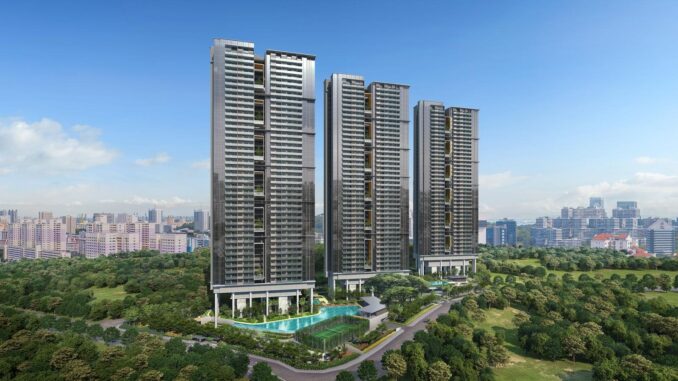
Source: launches.sg
Let’s get one thing straight—avoiding ABSD doesn’t mean evading taxes. It’s about smart, lawful planning that works within the rules set by the government. If you understand the structure and timing of your property purchases, there are several legitimate strategies that can help reduce or eliminate your ABSD liability. Let’s look at them more closely.
1. Buy Under One Name
This is one of the simplest and most commonly used strategies by couples in Singapore. Here’s how it works:
Let’s say you’re married and planning to buy a second property. Instead of co-owning both properties, you keep each one under a separate name. That way, from a legal standpoint, each spouse owns only one residential property, which means no ABSD is triggered for either.
Of course, there are practical limitations to this. The spouse who takes on the second property must have the financial capacity to secure a loan and meet Total Debt Servicing Ratio (TDSR) limits on their own. This route also has implications for estate planning and CPF usage, so it’s essential to consult a mortgage broker or legal advisor before committing.
Pro Tip: Make sure the first property isn’t held under joint tenancy. You may need to re-structure ownership before buying the second one.
2. Decoupling Property Ownership
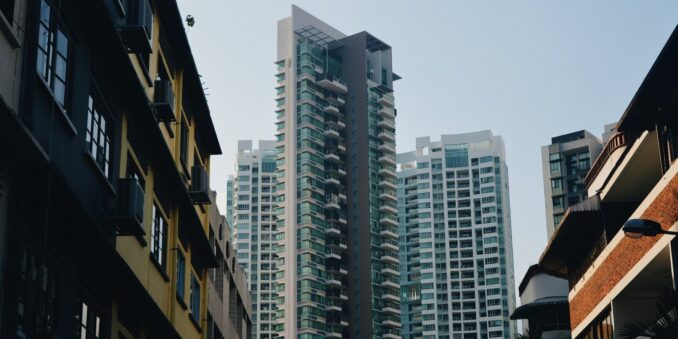
Source: mustsharenews.com
“Decoupling” is the term used when one co-owner transfers their share of the property to the other, freeing up their name so they can buy a second home as a “first-time” buyer.
Here’s how it works in practice:
Imagine you and your spouse jointly own your home. You want to buy an investment condo. Instead of both buying the second property (which would trigger ABSD), you transfer your share of the first home to your spouse, making yourself a non-property owner. Now, when you buy the condo in your name alone, you don’t pay ABSD—because it’s officially your first property.
But there are caveats:
- You’ll need to pay Buyer’s Stamp Duty (BSD) on the transferred share.
- There may be legal fees, CPF refunds, and potential changes to loan eligibility.
- It’s only viable if your spouse can qualify for the mortgage on the first property alone.
Decoupling works best for private properties, since HDBs have stricter rules and often don’t allow this structure unless there’s a legitimate change in family structure.
3. Buying With a Trust
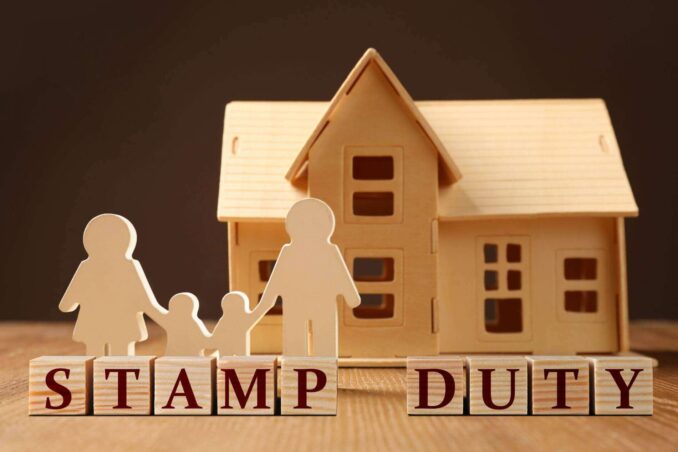
Source: propertysensei.sg
Another advanced strategy is to purchase property under a trust, usually for a child or dependent who is legally allowed to own property.
On paper, this sounds ideal—since the beneficial owner (e.g., your child) does not own any property, no ABSD applies. But in reality, this method comes with strict conditions:
- The trust must be irrevocable, and the child (or dependent) must be the true legal owner.
- You can’t use the property yourself or retain any beneficial interest.
- The trust must be fully paid for in cash—no loans allowed.
Moreover, IRAS tightened the rules in recent years. As of May 2022, ABSD must still be paid upfront, and you’ll need to apply for a refund later. Refunds are only granted if you can prove that the trust structure was genuine and the beneficial owner meets all criteria.
In short: this is not a loophole. It’s a legitimate structure—but only for families serious about legacy planning and willing to meet the financial and legal obligations upfront.
4. Buy an Executive Condo (EC) or HDB Flat First
If you’re a first-time buyer and haven’t entered the property market yet, buying a subsidised housing unit—such as a BTO, resale HDB, or an Executive Condominium (EC)—can be a strategic starting point.
Here’s why:
- No ABSD is charged on your first home, provided you’re a Singapore citizen.
- You benefit from government grants and affordability schemes.
- After the Minimum Occupation Period (MOP) of 5 years, you’re free to sell or buy a second property.
This route is particularly suitable for young couples or singles entering the market, giving them a base to build wealth without paying extra in taxes upfront.
Important: If you jump straight into a private condo purchase without ever owning subsidised housing, your second property down the road may trigger ABSD, even if your first was privately owned.
Impact On Property Investment Strategy
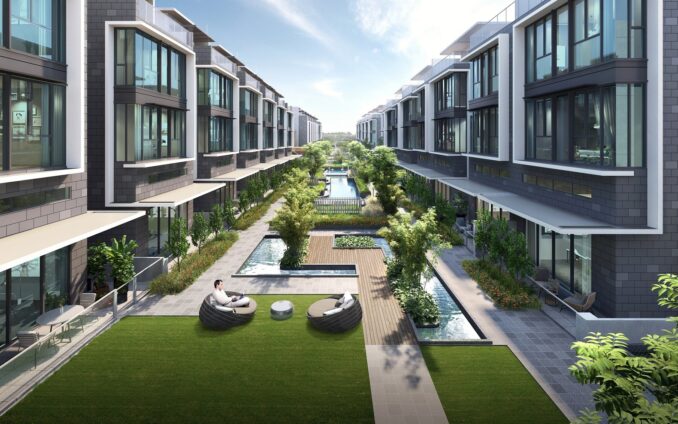
Source: belgraviaeace.com
ABSD has changed the game for investors. With steep taxes eating into capital gains, many are more cautious—and creative.
For instance, rather than jumping into a second condo purchase, some are eyeing single, high-performing properties like Springleaf Residence that promise better rental yield or long-term value. Instead of volume, the focus is shifting toward asset quality.
Others are investing through property funds or commercial real estate, which are not subject to ABSD.
What Happens If You Don’t Pay or Make a Mistake?
This is where things can get painful. If you wrongly assume you’re exempt or delay payment, you can face:
- Late payment penalties
- Legal interest rates on unpaid taxes
- Investigation by IRAS
ABSD must be paid within 14 days of signing the Sales & Purchase Agreement (S&P). No exceptions.
Are There Any ABSD Refunds?
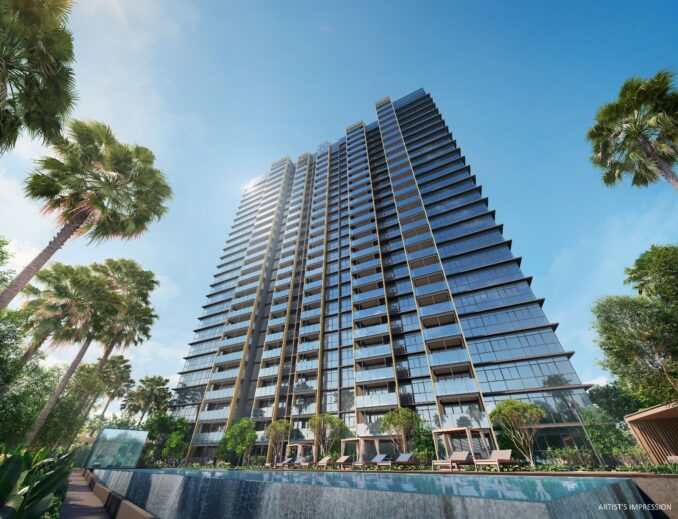
Source: meyersblue.com.sg
Yes—but only in limited cases. For example:
- Married couples (at least one citizen) buying a new home and selling the previous one within 6 months may qualify for a remission.
- You must apply within 6 months of the second purchase.
- This applies only to properties intended for owner-occupation, not investment.
Final Thoughts
ABSD may seem like just another tax, but in reality, it’s a major piece of the Singapore property puzzle. Whether you’re buying for your family or thinking long-term investment, understanding how it works—and how to plan around it—can save you hundreds of thousands.
If you’re eyeing projects for personal living or as a strategic hold, understanding your ABSD obligations is just as important as picking the right unit. Always consult a property lawyer or financial advisor before committing.


